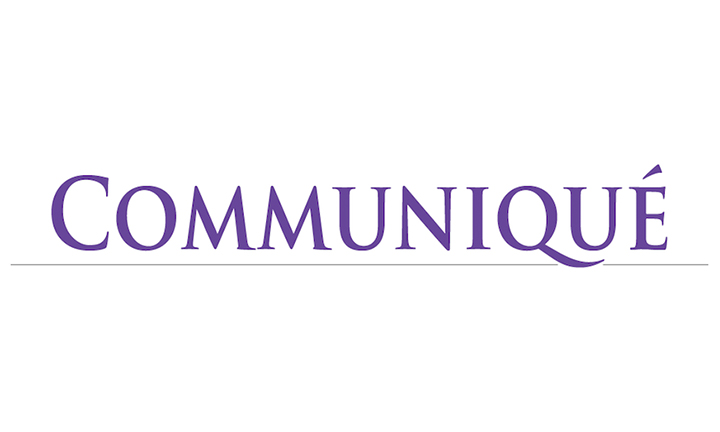Sex. According to network television and cheesy after school specials: everybody’s doing it. There may be some debate and some truth about that. The CDC has estimated that individuals between the ages of 15 and 24 make up over one quarter of sexually active people. However, the 15 to 24-year-old sexually active crowd also makes up for half of the reported sexually transmitted diseases. So the question is, does everyone who may become sexually active know how to do it safely?
With only twenty-two states that require sex education to be taught in schools, the answer depends on where you live and what your parents believe in. For this reason, many universities and colleges have taken it upon themselves to incorporate information on sexual health into their orientation.
What’s Chatham’s approach?
At Chatham University you can get a lot of things from Student Health Services: bandages, a flu shot, and even resources for sexual health. They go further than simply passing out pamphlets and condoms. For the past few semesters, in an attempt to dispel the myths and get people talking, Student Health Services has been hosting workshops to educate students on sexual health. In the Valentine’s Day season, Health Services intern Renee Pacella ventured to the Carriage House with pamphlets, prizes, and sexual health jeopardy.
“It’s supposed to be an interactive and unintimidating conversation about sexual health, awareness, consent, and being aware of what’s available to you,” said Pacella. “So at health services we actually aren’t allowed to treat anything.” They are however allowed to offer over the counter medicines.
What are frequently asked questions?
“We get a lot of questions about birth control. People just don’t know what’s out there and how to get it, so we just provide what we can as far as information and resources,” she said.
Why?
“I feel like nowadays there is more in regards to conversations about sexual health and more sex education. But, if someone’s coming from a more sheltered home or a more religious background where they’re not allowed to talk about it and then they step into an environment where they have all this freedom, then they don’t really know what to do to prevent an unplanned pregnancy. Or prevent spreading diseases.”
Health Services provides referrals, consultations, and answers to those questions.
“We want to pass on knowledge to students whether they received it in high school or not,” she explained.
To this end, Student Health Services took a somewhat unconventional approach to educating students at the Valentine’s Day sex workshop, opting to play Sexual Health Jeopardy.
“The jeopardy game primarily serves as a means to open the discussion and get more students involved and talking,” Pacella said.
“No one wants to talk about sex with someone in their sixties,” Pacella said with a laugh, “So we try to get the students talking with each other. We just present the facts like, if you do this you’re gonna get pregnant. Or if you don’t do this, you’ll end up with an STD. We’re just promoting safety and knowing who to talk to.”
Acknowledging that there are people who object to sex education because they feel it encourages young people to become sexually active, Pacella responded, “When people do that, it’s never going to prevent people from having sex. You’re not going to be there when two consenting adults, hopefully over the age of eighteen, are having sex. It’s just not gonna happen. You can say as much as you want or preach as much as you want; that’s their decision. If you don’t teach kids what’s going on, they’re just going to do harm to their bodies and make preventable mistakes.”
Student Health Services is located outside of Woodland Hall next to the bookstore.



Tricia Chicka • Feb 17, 2016 at 10:09 am
Bravo on providing much needed “life” education that so many missed out on. I know I feel lucky that I landed in a good friend group and in good relationships, and others do not have that background in which to learn these things if they came from a conservative background.